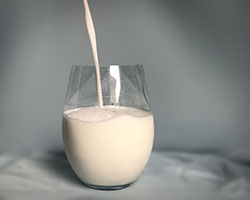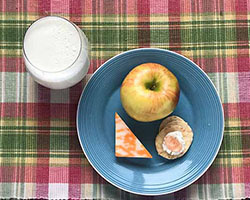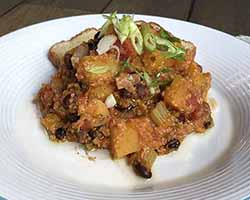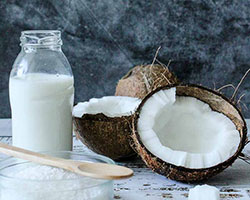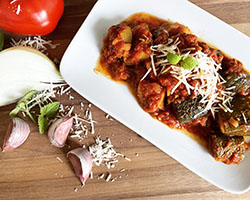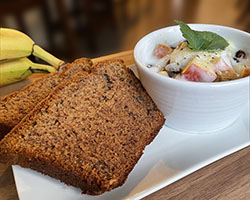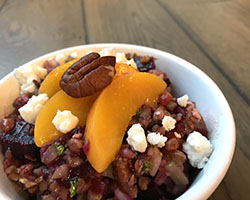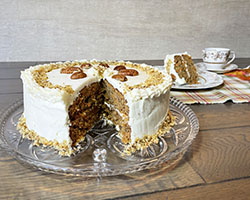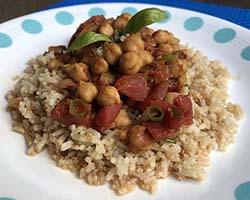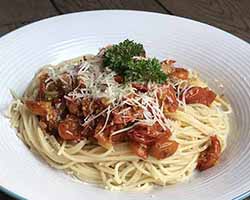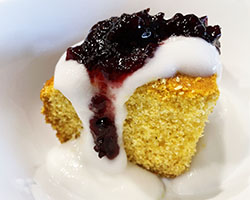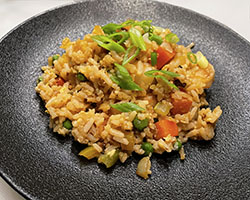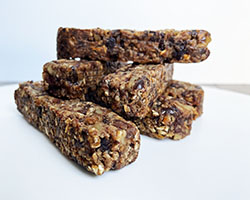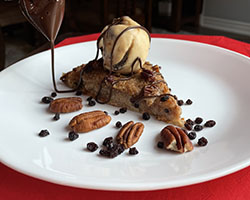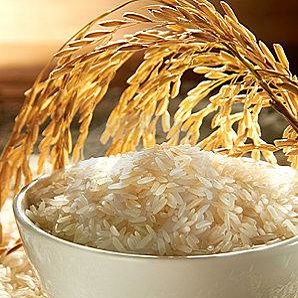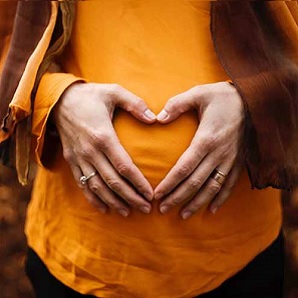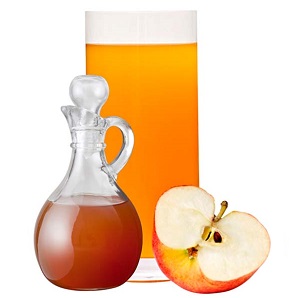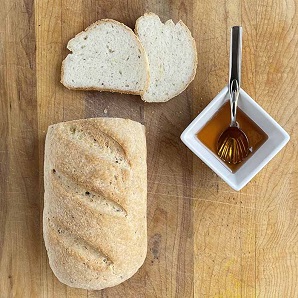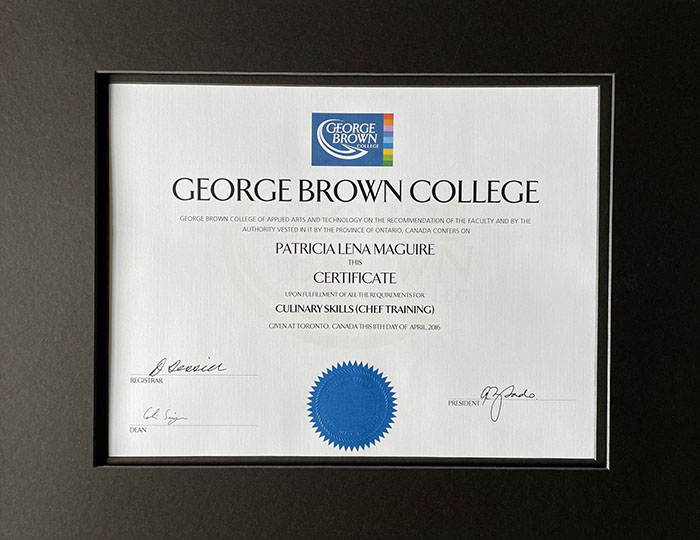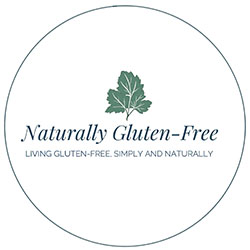- Home
- Intolerances and Special Diets
How to Successfully Pair Gluten Free with Other Special Dietary Needs
How to manage food intolerances and other dietary needs while on a gluten-free diet.
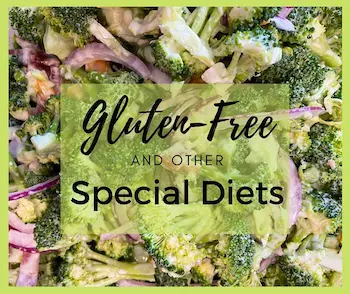
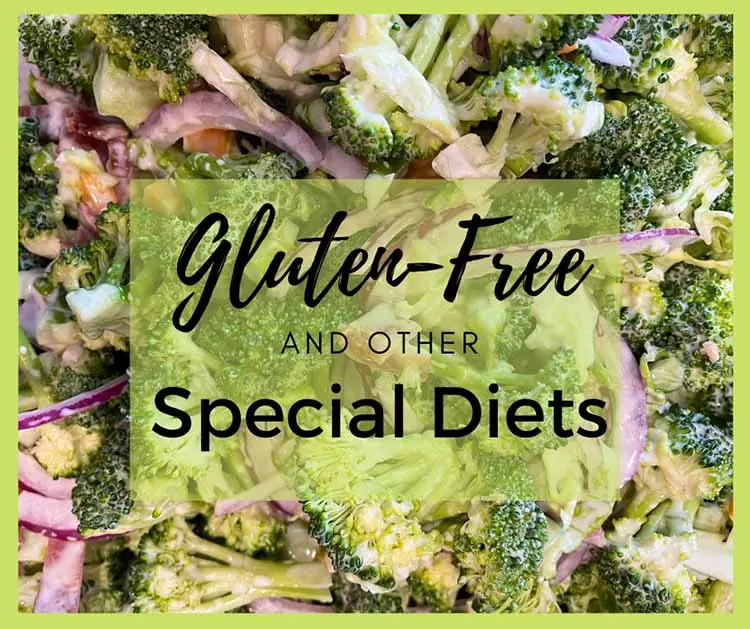
If you’re on a gluten-free diet, it’s likely because of a medical condition like celiac disease or non-celiac gluten sensitivity (NCGS). But people on a gluten-free diet often have other diet related needs and goals as well.
Maybe you want to lose weight. Maybe you have other food intolerances. Maybe you have another health condition that requires a special diet, or maybe you prefer a plant-based diet.
By combining gluten-free and other special diets , it is possible to meet your goals.
Celiac and Other Food Intolerances
If you’ve been on a gluten-free diet for a while and are still having digestive problems like bloating, gas, diarrhea, or constipation, you may suspect that you have another food intolerance. This is very common among people with celiac disease. If this is you then you may find help in the links below.
Gluten and Other Diet Related Conditions
Just because you have celiac or NCGS doesn’t make you immune to other diet related health conditions. Obesity, diabetes, cardiovascular disease, dental diseases, osteoporosis, and some cancers are examples of conditions that require special diets perhaps along with other treatments.
In most cases the standard American diet (SAD) contributes to these conditions. Reducing processed foods and sugar is the recommended approach to manage or even prevent them.
The important thing to remember if you are eliminating any food or food group from your diet is to ensure that your nutritional bases are covered. Find out what nutrients are in the foods you are eliminating and be sure to replace them with other sources of those nutrients. Work with a nutritionist if you need help with this.
Obesity and Weight Management
The gluten-free diet often gets tangled up in the weight loss conversation. This is because a lot of people think that the gluten-free diet is good for weight loss. It's not. It is true that if you go from a standard full of processed foods and sugar to a gluten-free diet with more whole foods, you may lose weight. But simply cutting out the processed foods would accomplish the same thing without going gluten-free..
If you’re on a gluten-free diet because of celiac disease or NCGS, you may still find yourself needing to lose a few pounds. This may be because gluten-free products tend to be higher in calories fat and sugar than conventional products.
If you’re looking to lose weight on a gluten free diet you can do this the same way as you would if you were on a regular diet.
- Reduce caloric intake by reducing portion size.
- Try a low-fat diet.
- Try a low-carb high fat diet like the keto diet.
- Follow a balanced, whole food plan full of fruits, vegetables, gluten-free grains, and healthy fats.
- Find a combination of the above that works for you.
- Incorporate exercise into you plan.
No matter which approach you choose, be sure that you are still eating a good balanced gluten-free diet and meeting your daily nutritional requirements.
Coming Soon
Gluten Free and Sugar Free
Gluten-Free and Vegan
You may want to reduce or eliminate meat and meat products in your diet for any number of reasons. Environmental concerns, animal welfare concerns and cost are the most common reasons. Plant-based or plant-forward diets can take on several forms.
- Vegan – eliminating all animal products
- Pescatarian – eliminating red meat and poultry but eating fish and seafood
- Lacto-Ovo Vegetarian – eliminating meat and fish but continuing to eat eggs and dairy products
- Meatless Monday – continuing a regular diet from Tuesday to Sunday then eating plant-based on Monday.
- Fish Friday – This is a long standing Catholic tradition, but non-Catholics are taking this on as well. Not for religious reasons but as a way of reducing red meat intake and ensuring a weekly serving of healthy fish or seafood.
Combining a gluten-free diet with a vegan diet or other plant forward diet can be done safely. Just be sure you understand your nutritional needs, what you’re eliminating and how to replace it.
Meat is the densest and most bio-available source of protein. If you eliminate or reduce meat in your diet then you need to understand plant based sources of protein. Vegan and vegetarian dishes often incorporate conventional grain products from wheat, rye and barley as sources of vegetarian protein. If you’re combining a gluten free and vegan or vegetarian diet, grains continue to be important, but you can substitute for gluten-free grains like quinoa, rice, amaranth, corn and teff. Be sure to include beans and other pulses as well as nuts and seeds to cover all your protein requirements.
Plant-Based Recipes
I've collected some of my favorite recipes for you. These are all vegetarian or can be made vegetarian with slight tweaks. I hope you enjoy!
Summary
 |
People on a gluten-free diet may have other dietary needs as well |
 |
A gluten-free diet can be combined with other diets |
 |
Ensure all nutritional bases are covered when eliminating foods from your diet. |
 |
Work with a nutritionist if you need help |
